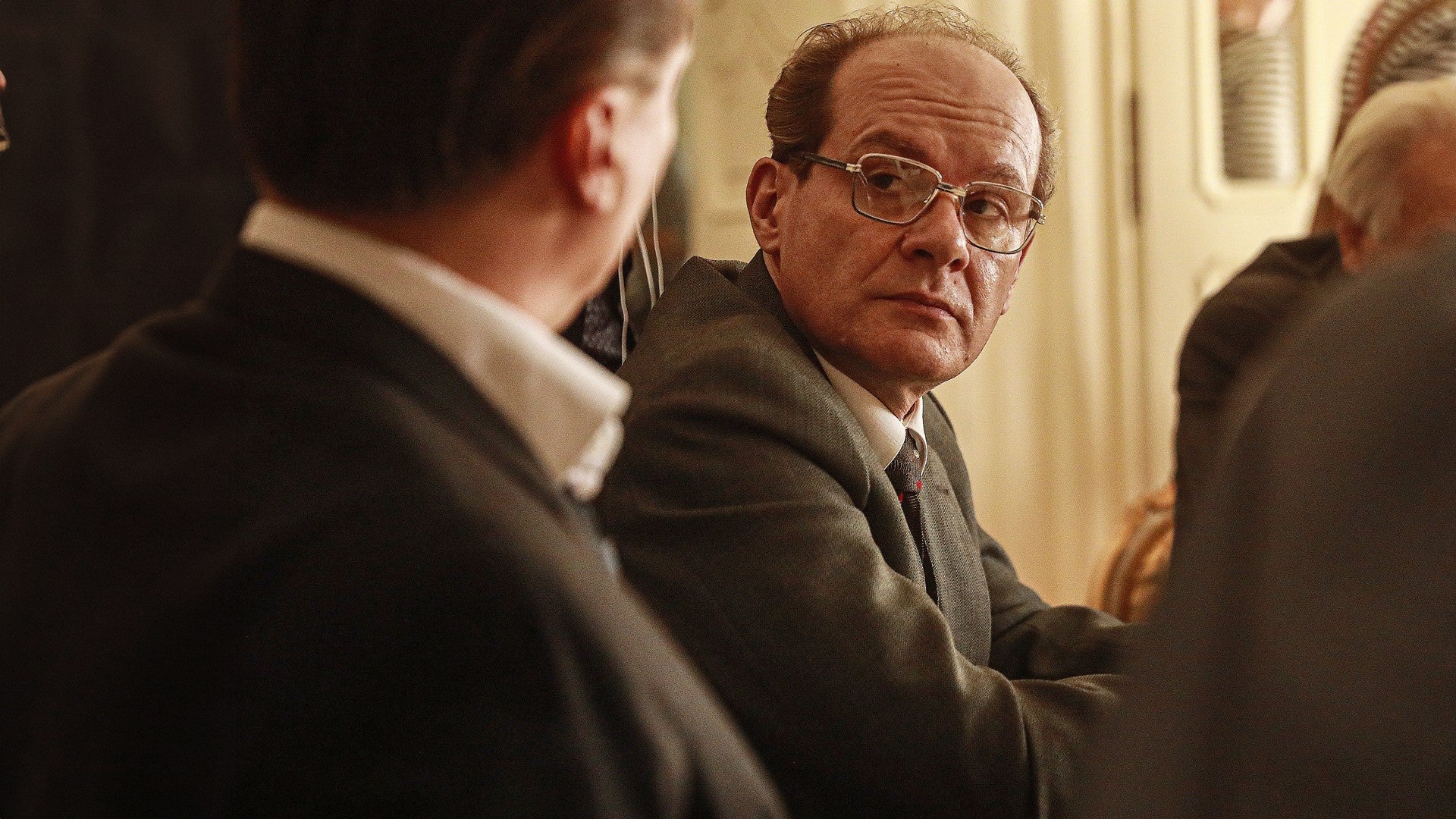The Man Who Stood in the Way is a compelling cinematic portrayal of the life and times of František Kriegel, a physician and politician who played a pivotal role during a critical moment in Czechoslovak history. The film vividly captures the events of August 21, 1968, a night that marked a turning point for the nation.
On this fateful night, Kriegel, along with key leaders of the Communist Party of Czechoslovakia, including Alexander Dubček, Oldřich Černík, Josef Smrkovský, Josef Špaček, and Bohumil Šimon, was arrested and forcibly taken to Moscow. This event set the stage for one of the film's most gripping narratives: Kriegel's unwavering stand against Soviet leader Leonid Brezhnev. Despite facing threats of elimination, Kriegel courageously refused to sign the Moscow Protocol, a document that symbolized Czechoslovakia's acquiescence to Soviet occupation.  Tomáš Töpfer delivers a powerful performance as Kriegel, bringing to life the complexities of a man who stood as a beacon of resistance during the Prague Spring. The film does more than just recount historical events; it delves into the psychological and moral challenges Kriegel faced. His journey is not only a personal one but also a reflection of the tumultuous period in Czechoslovak history.
Tomáš Töpfer delivers a powerful performance as Kriegel, bringing to life the complexities of a man who stood as a beacon of resistance during the Prague Spring. The film does more than just recount historical events; it delves into the psychological and moral challenges Kriegel faced. His journey is not only a personal one but also a reflection of the tumultuous period in Czechoslovak history. 
Interestingly, the film also gives considerable focus to Gustav Husák, portrayed in both the contemporary setting and flashbacks to his imprisonment in the 1950s. This inclusion adds a layer of depth to the narrative, contrasting Kriegel's unyielding stance with Husák's differing approach post-occupation. Their confrontation, grounded in their somewhat parallel origins but divergent paths post-occupation, provides a fascinating study in character and political maneuvering. 
Some may criticize the film for not diving deeper into Kriegel's personal life, yet the glimpses into his professional dedication and the pressure exerted through his family add significant layers to his character portrayal. These aspects underscore the personal cost of his public stand.
The Man Who Stood in the Way goes beyond being a historical drama; it's a study of courage, conviction, and the complexity of human character in times of national crisis. It's a film that not only honors a key figure of the Prague Spring but also invites viewers to reflect on the price of standing up for one's beliefs in the face of overwhelming opposition.













